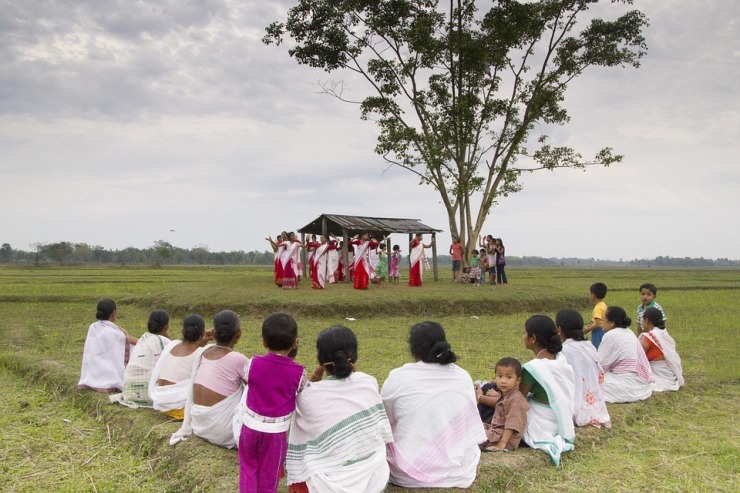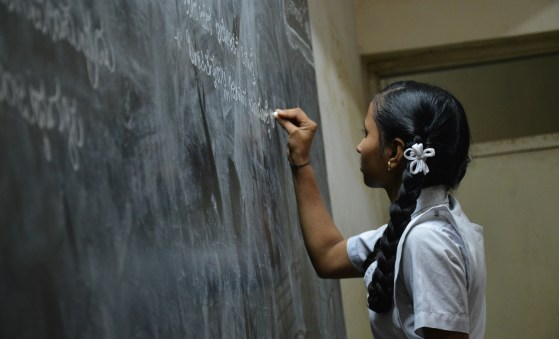
The Assam government has approved the Assam Compulsory Registration of Marriage and Divorce Bill, 2024. The bill, set to be introduced during the Monsoon session of the Assam Assembly, is seen as a crucial move towards establishing a Uniform Civil Code (UCC) in the state. This legislation proposes that the state government, rather than traditional qazis or clerics, will have the sole authority to register Muslim marriages and divorces.
The bill aims to allegedly strengthen the institution of marriage by providing legal safeguards, particularly for women. It mandates the registration of all marriages and divorces, which is expected to help prevent child marriages and provide legal recognition to marriages that may otherwise lack official documentation. Assam Chief Minister Himanta Biswa Sarma has emphasised that the bill is designed to protect citizens and ensure the legal presumption of marriage, a step that aligns with the broader objectives of the UCC.
This development in Assam comes at a time when discussions about the UCC have intensified across the country. In a recent address in Bhopal, Prime Minister Narendra Modi reiterated his support for the UCC, highlighting its importance in unifying personal laws related to marriage, divorce, inheritance, and adoption. The Prime Minister's remarks have brought the UCC back into the national spotlight, prompting debates and concerns from various quarters.
The UCC aims to replace the existing personal laws, which are based on the practices of different religious communities, with a single, uniform set of laws applicable to all citizens. UCC has been a subject of debate for decades, with proponents arguing that it would ensure equality and justice for all, while opponents fear it could infringe upon religious freedoms and cultural practices.
At the national level, the progress of the UCC has been hindered by challenges within the Law Commission of India. The 22nd Law Commission, which has been tasked with drafting a report on the UCC, has been without a chairman for the past five months, leading to significant delays. Despite the report being nearly complete, the absence of leadership has stalled its finalisation and submission to the Ministry of Law and Justice.
The Law Commission's term, originally set to end in February 2024, was extended until August 2024 to allow for the completion of the UCC report. However, with the term now nearing its end, the future of the UCC remains uncertain. A scheduled meeting of the commission on 20 August 2024, was cancelled due to the unavailability of several members, further delaying the process. Even if the meeting had taken place, the absence of a chairman would have prevented any formal submission of the report.
With the Law Commission's term ending on 31 August 2024, the government faces the task of constituting a new commission to finalise and submit the UCC report. The delay comes despite the commission receiving an overwhelming public response, with over 7.5 million submissions on the issue, including inputs from President Droupadi Murmu and Prime Minister Modi.
The discussions around the UCC are being closely watched in states like Nagaland, where concerns about its potential impact on religious and cultural rights are significant. In July 2024, Nagaland Chief Minister Neiphiu Rio had led a delegation to meet Union Home Minister Amit Shah to express their apprehensions about the UCC. The delegation had highlighted the importance of protections guaranteed under Article 371(A) of the Indian Constitution, which safeguards the rights and practices of the Naga people.
Following the meeting, Mr. Shah had assured the Nagaland delegation that the Union Government was actively considering exemptions for Christians and certain tribal areas from the UCC. This assurance had provided relief to the Nagaland government, which had expressed concerns that the imposition of a uniform code could lead to disruptions in the state.




